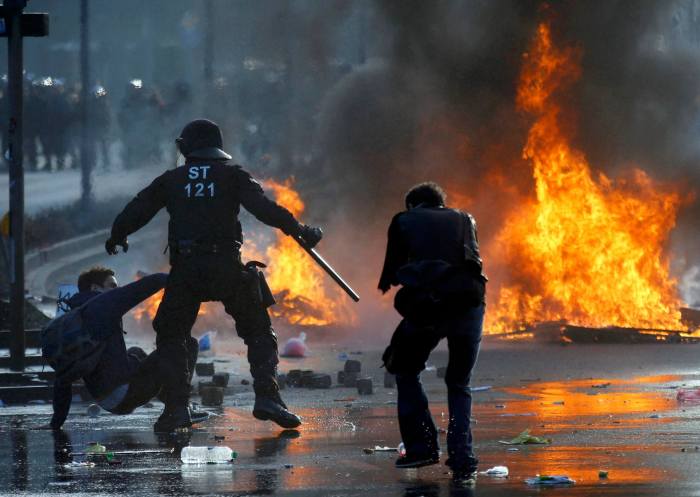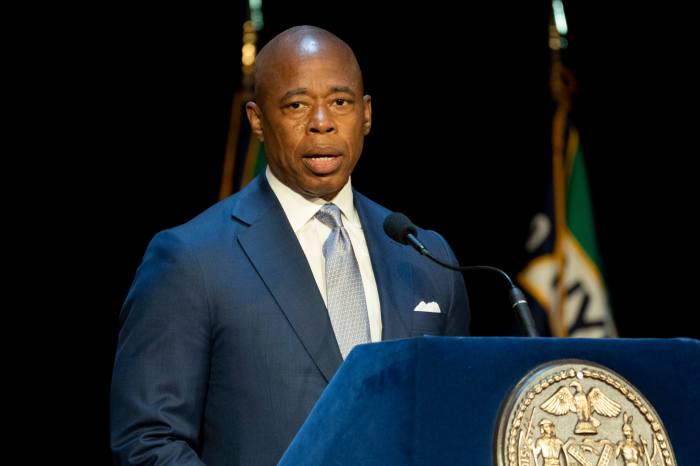License Plate Readers – Police have reportedly been using cameras to record license plates in an effort to fight crime. This is all well and good, except for the fact that most of the cars recorded by the camera, and stored indefinitely in a database haven’t been involved in a crime. The technology has been widely criticized by groups such as the ACLU and even referred to as “the most widespread location tracking technology you’ve probably never heard of.” LRADs– Also known as a sound cannon, LRADs are used by law enforcement agencies to corral and contain protestors. LRADs are painful to hear and can permanently damage the victim’s hearing. As Gizmodo reports: “The version generally utilized by police department (the LRAD 500X) is designed to communicate at up to 2000 meters during ideal conditions. In a typical outdoor environment, the device can be heard for 650 meters. The 500x is also capable of short bursts of directed sound that cause severe headaches in anyone within a 300-meter range. Anyone within 15 meters of the device’s audio path can experience permanent hearing loss. LRAD claims the device is not a weapon, but a “directed-sound communication device.” Face Tracking Technology– Late last year the FBI announced the development of new facial recognition software that could be used to help law enforcement agencies solve crimes more quickly and efficiently. The technology is reportedly so efficient that it can detect eye color, voice, stride and more. The fear regarding this technology is that it will be used in CCTV units in public sectors around the country, leading to the constant surveillance of innocent civilians Cellphone Tracking Technology– When news broke about police agencies using a cellphone tracking technology known as ‘Stingray,’ a flood of controversy spilled out regarding the implications of technology. Stingray mimics the same behavior of cell phone towers, using signal relays to monitor the movement of all cellphones within range of the device. Police Drones – It was only a matter of time before drones used for international conflicts would return to be used on US citizens on US soil. Drones have been a popular topic of discussion in law enforcement and have already been deployed to monitor protests in Berkeley as recently as January 2015. The ACLU reports that drone manufacturers have begun offering agencies the option to add ‘non-lethal’ weapons like rubber bullets to the drones.


















